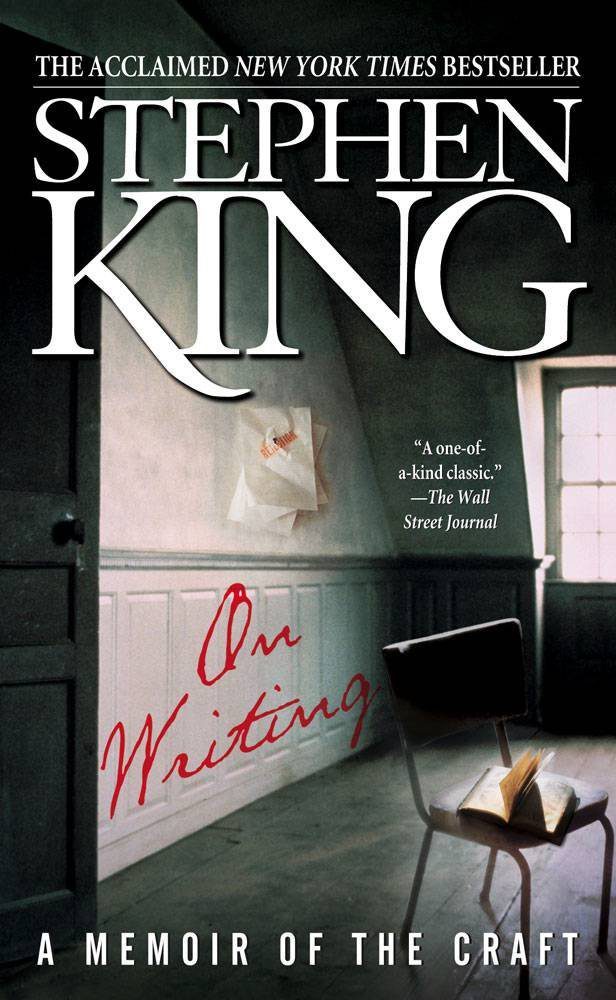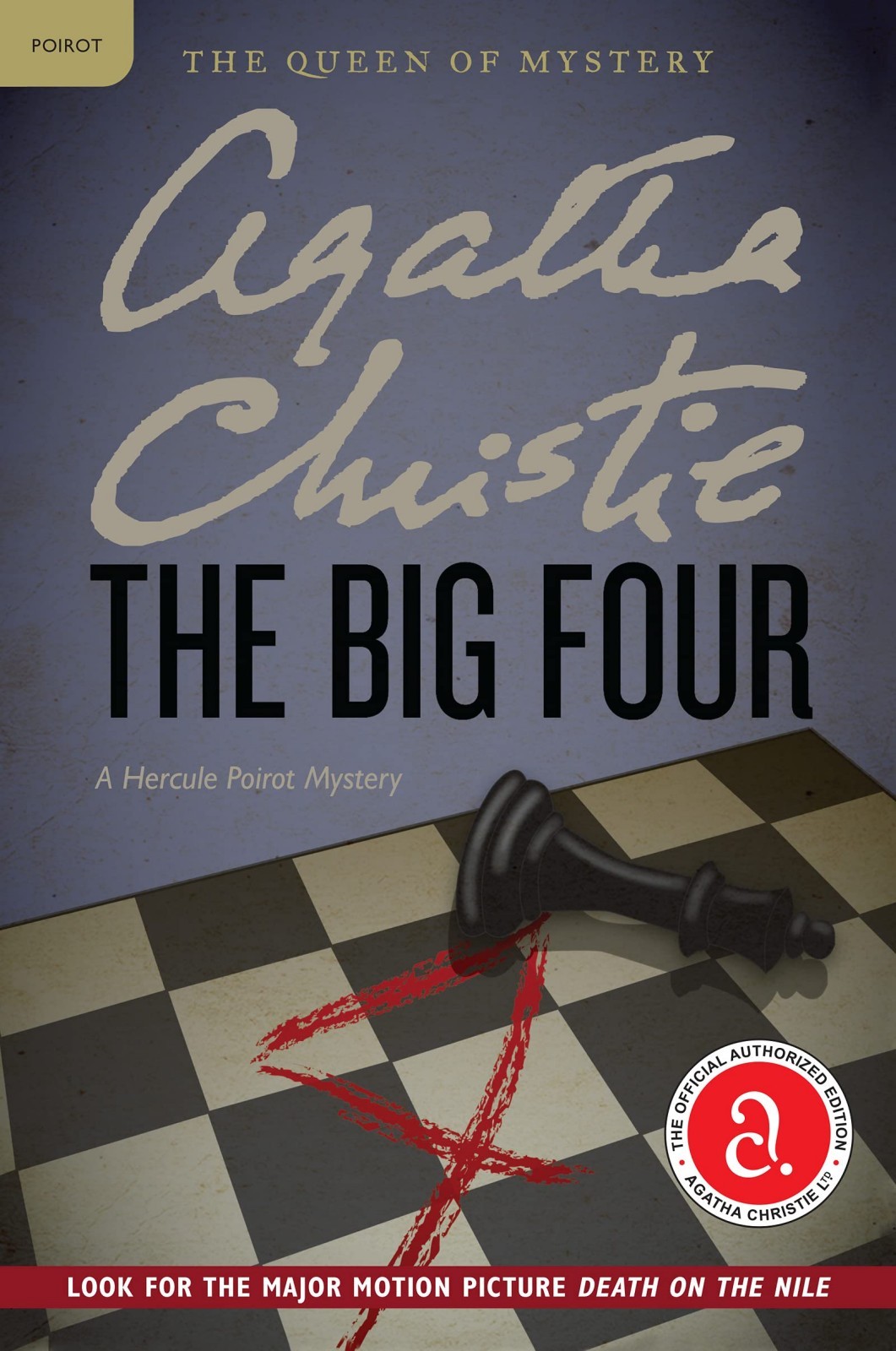On Writing: A Memoir of the Craft
Title: On Writing: A Memoir of the Craft

Author: Stephen King
Published in: 2000
Date read: 5th October 2021
Score: 5/5
Genre: Autobiography, Non-fiction
Plot: (Warning, may contain spoilers):
"On Writing: A Memoir of the Craft" by Stephen King, published in 2000, is a unique and indispensable guide for aspiring writers, blending an honest, often gritty, autobiography with practical, no-nonsense advice on the craft of writing. It's considered one of the most accessible and influential books on creative writing.
The book is divided into three main sections:
C.V. (Curriculum Vitae): This opening section is a candid and personal memoir of King's early life. He recounts his impoverished childhood, his struggles with addiction (alcohol and drugs), his early jobs, and the relentless rejection slips he received as he tried to get his stories published. This section vividly illustrates the dedication and perseverance required to become a professional writer, showing his journey from writing in a laundry room to achieving success with "Carrie." This part is particularly raw and insightful, offering a look into the formation of the man behind the horror.
Toolbox: This is the core "craft" section, where King dispenses his practical advice. He focuses on fundamental tools of writing that he believes are essential for any aspiring author. Key takeaways include:
Vocabulary: Use the first word that comes to mind, don't try to impress with obscure language.
Grammar: While important, it shouldn't stifle creativity.
Paragraphs: Emphasizes their importance for flow and readability.
Dialogue: Should sound natural and reveal character.
Description: Use vivid details without overdoing it.
Story vs. Plot: King famously advocates for discovering the story as you write, rather than rigidly plotting every detail. He likens it to unearthing a fossil.
Revision: Emphasizes the importance of the second draft, cutting unnecessary words, and tightening the prose.
Reading: King insists that to be a writer, you must also be a voracious reader.
On Writing: This final, shorter section brings the two previous parts together. King reflects on the joy and the discipline of writing, the importance of a regular routine, and the necessity of writing for pleasure, not just for money or fame. He stresses the value of honesty in storytelling and offers encouragement to those facing writer's block or self-doubt.
A significant portion of the book is also dedicated to his near-fatal accident in 1999, which occurred after the initial draft was completed. He discusses his arduous recovery and how it impacted his perspective on life and writing, adding a poignant and reflective dimension to the text.
"On Writing" is beloved for its direct, unpretentious style, its valuable advice, and King's unflinching honesty. It demystifies the writing process, making it seem both achievable and deeply rewarding.
Comments:
I was not particularly looking forward to this book. I only read it because I wanted to have read all of King's works. i thought it was going to be a "how to guide" for budding young writers (which I am certainly not one of) but it turned out to much more interesting and I particularly liked the autobiographical stories. In particular, his accident in 1999, about which, I knew parts based on my reading of Song of Susannah.
Books that we've read by Stephen King (70):
Carrie (1974), 'Salem's Lot (1975), The Shining (The Shining, #1) (1977), The Stand (1978), Night Shift (1978), The Dead Zone (1979), Firestarter (1980), Cujo (1981), The Gunslinger (The Dark Tower, #1) (1982), Different Seasons (1982), Christine (1983), Cycle of the Werewolf (1983), Pet Sematary (1983), The Talisman (The Talisman, #1) (1984), Skeleton Crew (1985), It (1986), The Drawing of the Three (The Dark Tower, #2) (1987), The Eyes of the Dragon (1987), The Tommyknockers (1987), Misery (1987), The Dark Half (1989), Four Past Midnight (1990), The Waste Lands (The Dark Tower, #3) (1991), Needful Things (1991), Dolores Claiborne (1992), Gerald's Game (1992), Nightmares and Dreamscapes (1993), Insomnia (1994), Rose Madder (1995), The Green Mile (1996), Desperation (1996), Wizard and Glass (The Dark Tower, #4) (1997), Bag of Bones (1998), The Girl Who Loved Tom Gordon (1999), Hearts in Atlantis (1999), On Writing: A Memoir of the Craft (2000), Black House (The Talisman, #2) (2001), Dreamcatcher (2001), Everything's Eventual (2002), From a Buick 8 (2002), Wolves of the Calla (The Dark Tower, #5) (2003), Song of Susannah (The Dark Tower, #6) (2004), The Dark Tower (The Dark Tower, #7) (2004), The Colorado Kid (2005), Cell (2006), Lisey's Story (2006), Duma Key (2008), Just After Sunset (2008), Under the Dome (2009), 11/22/63 (2011), Full Dark, No Stars (2011), The Wind Through the Keyhole (The Dark Tower, #4.5) (2012), Dr. Sleep (The Shining, #2) (2013), Joyland (2013), Mr. Mercedes (Bill Hodges Trilogy, #1) (2014), Revival (2014), The Bazaar of Bad Dreams (2015), Finders Keepers (Bill Hodges Trilogy, #2) (2015), End of Watch (Bill Hodges Trilogy, #3) (2016), Sleeping Beauties (2017), Elevation (2018), The Outsider (2018), The Institute (2019), If It Bleeds (2020), Billy Summers (2021), Later (2021), Fairy Tale (2022), Holly (2023), You Like It Darker (2024), Never Flinch (Holly Gibney #4) (2025)
This page was updated on: 30th July 2025

